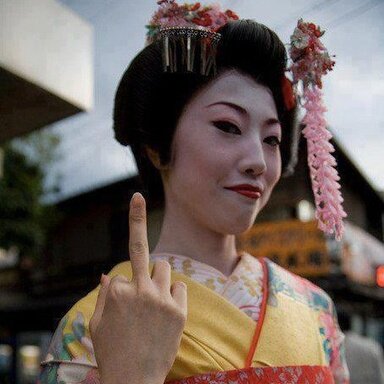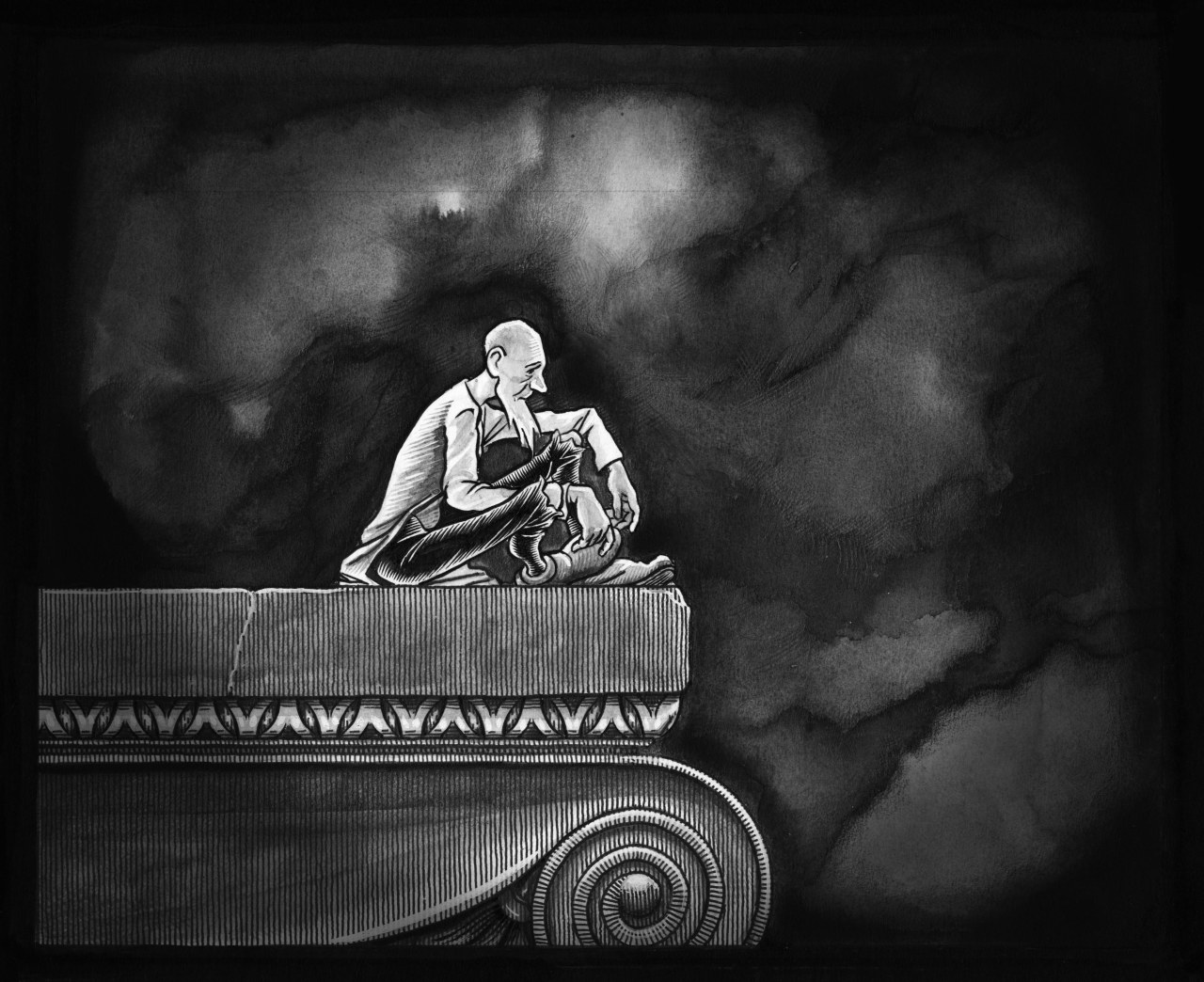- Welcome to Cook'd and Bomb'd.
-
 Laurence Fox loses court case...
by jobotic
Laurence Fox loses court case...
by jobotic
[Today at 02:51:22 PM] -
 The Captain Tom grift continues...
by Huxleys Babkins
The Captain Tom grift continues...
by Huxleys Babkins
[Today at 02:49:33 PM] -
 Is this shit?
by Elderly Sumo Prophecy
Is this shit?
by Elderly Sumo Prophecy
[Today at 02:47:21 PM] -
 Your Favourite "That...
by Mobbd
Your Favourite "That...
by Mobbd
[Today at 02:46:42 PM] -
 watching The Sopranos for...
by selectivememory
watching The Sopranos for...
by selectivememory
[Today at 02:46:03 PM] -
 Scotland abandons 75% 2030...
by Sebastian Cobb
Scotland abandons 75% 2030...
by Sebastian Cobb
[Today at 02:43:34 PM] -
 Is Cancel Culture Over?
by Underturd
Is Cancel Culture Over?
by Underturd
[Today at 02:43:15 PM] -
 guitar players are the worst...
by Agent Dunham
guitar players are the worst...
by Agent Dunham
[Today at 02:42:24 PM] -
 Snooker 23/24
by druss
Snooker 23/24
by druss
[Today at 02:40:14 PM] -
 Shit films you have a fascination...
by AliasTheCat
Shit films you have a fascination...
by AliasTheCat
[Today at 02:38:14 PM]
Members
 Total Members: 17,827
Total Members: 17,827 Latest: skinnylike
Latest: skinnylike
Stats
 Total Posts: 5,583,762
Total Posts: 5,583,762 Total Topics: 106,748
Total Topics: 106,748 Online Today: 1,104
Online Today: 1,104 Online Ever: 3,311
Online Ever: 3,311- (July 08, 2021, 03:14:41 AM)
Users Online
 Users: 121
Users: 121 Guests: 826
Guests: 826 Total: 947
Total: 947 Norton Canes
Norton Canes Cuellar
Cuellar What Doth Life?
What Doth Life? perplexingprocrastinator
perplexingprocrastinator Mr_Rich
Mr_Rich Agent Dunham
Agent Dunham KaraokeDragon
KaraokeDragon batwings
batwings MojoJojo
MojoJojo Stoneage Dinosaurs
Stoneage Dinosaurs Huxleys Babkins
Huxleys Babkins robbyell
robbyell Gurke and Hare
Gurke and Hare jobotic
jobotic Zetetic
Zetetic Simply_The_Bestest
Simply_The_Bestest Magnum Valentino
Magnum Valentino thevoola
thevoola ajsmith2
ajsmith2 Poobum
Poobum iamcoop
iamcoop JaDanketies
JaDanketies Dogbeard
Dogbeard Mobbd
Mobbd Buelligan
Buelligan twosclues
twosclues Blumf
Blumf notcherhorowitz
notcherhorowitz OpenMikeKnight
OpenMikeKnight lankyguy95
lankyguy95 Sonny_Jim
Sonny_Jim Cleveland Steamer
Cleveland Steamer chutnut
chutnut Mr Trumpet
Mr Trumpet everyplatewebreak
everyplatewebreak Benga Zara
Benga Zara Uncle TechTip
Uncle TechTip Shaxberd
Shaxberd Harry Badger
Harry Badger Better Midlands
Better Midlands Armin Meiwes
Armin Meiwes cosmic-hearse
cosmic-hearse DelurkedToHelp
DelurkedToHelp JonathanOB
JonathanOB TommyTurnips
TommyTurnips GMTV
GMTV Dandy21
Dandy21 Xander
Xander Elderly Sumo Prophecy
Elderly Sumo Prophecy Underturd
Underturd sevenism
sevenism Old Thrashbarg
Old Thrashbarg lardboy
lardboy shennners
shennners Brigadier Pompous
Brigadier Pompous Bunty Levert
Bunty Levert Black Emerald
Black Emerald DJ Bob Hoskins
DJ Bob Hoskins Alberon
Alberon ErnestTakadichi
ErnestTakadichi Tiggles
Tiggles Moj
Moj Phoenix Lazarus
Phoenix Lazarus Mister Six
Mister Six Wezzo
Wezzo Tikwid
Tikwid CS Lewis Jr.
CS Lewis Jr. Sneeze
Sneeze studpuppet
studpuppet Lordofthefiles
Lordofthefiles koren
koren Dayraven
Dayraven Video Game Fan 2000
Video Game Fan 2000 Dr M1nx PhD
Dr M1nx PhD druss
druss burst_arm
burst_arm skinnylike
skinnylike dazed_and_bemused
dazed_and_bemused DrGreggles
DrGreggles Bobby Treetops
Bobby Treetops sprocket
sprocket daf
daf FredNurke
FredNurke Mr Padgett
Mr Padgett AliasTheCat
AliasTheCat Twilkes
Twilkes Ruben Remus
Ruben Remus Adn
Adn non capisco
non capisco Chairman Yang
Chairman Yang sevendaughters
sevendaughters Psybro
PsybroSome disordered thoughts about 'Satire' vs 'Political Comedy'
Started by Pink Gregory, June 03, 2022, 01:01:33 PM
Previous topic - Next topic
User actions

